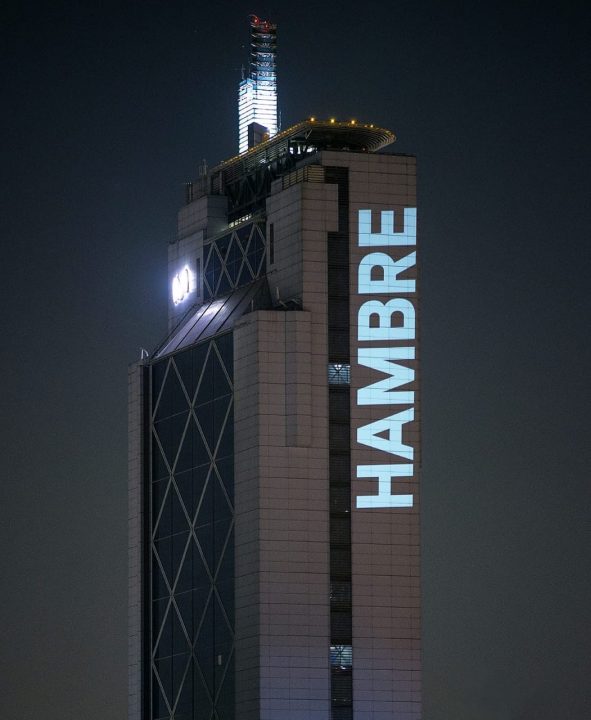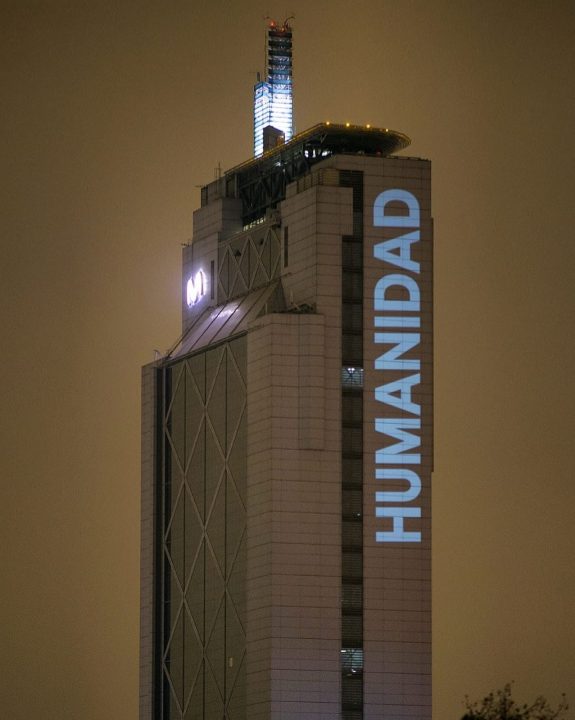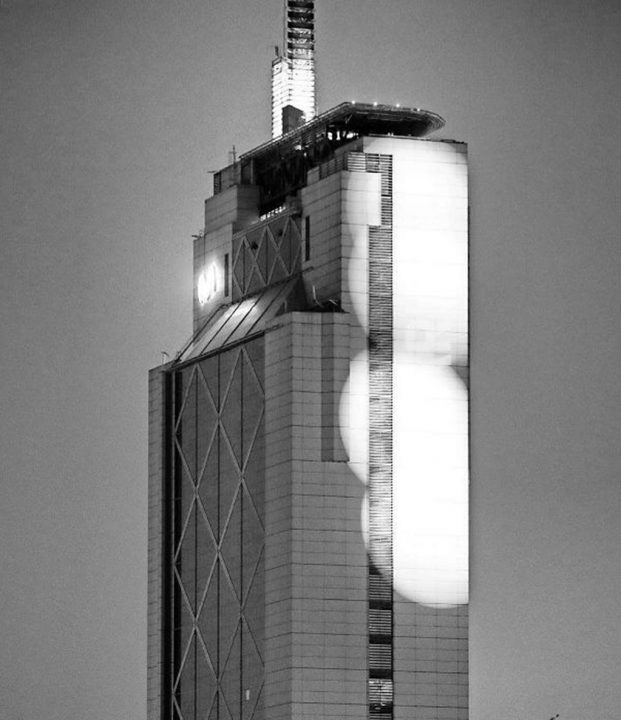By Carolina Martínez | Images courtesy of Delight Lab
One of the greatest feats of neoliberalism is, practically, and without having fought a battle, defeating the solidarity and sense of collectivity of a society. An economic and ideological system that does not allow for actions for new realities, that creates obstacles that only favour banks and elites, where the population is stripped of any social and survival guarantees, with families and individual economies ruled by the biased habits of the market, and where the State has stopped taking care of what it supposedly works for: its people.
An exhausted society simply getting tired of this and saying “no more”, is what we have seen in Chile since October 2019, just asking for something that should not be a requirement: dignity. Months have passed since the social outbreak in the country and none of the demands have been heard. Now that the world is going through one of the most delirious crises due to the pandemic, the economic system collapsed, once again impacting the most vulnerable sectors. Again, our rulers have not wanted to hear. Or even worse. They’ve abandoned us.
But the big question is why they are not acting, is it greed with no limit? The endless disconnection with reality (definitions of reality postponed in this writing) of those who manage our lives? The takeaway from this is not difficult to understand, that the resulting social impoverishment generates more money in the power groups, the same interest groups of those who govern the destiny of territory and citizenship.
Let us briefly return to the social outbreak in October 2019: the exhaustion of the paradigm, an inheritance of industrial society, which has led to language that no longer answers to regular semiotic contexts: it is constantly resignifying itself in this new linguistic system of new technologies, also succumbing to new relationships of value and exchange.
Related to these equivalences, Berardi (2017) wrote: “Language and money have something in common: they are nothing in the physical world, but still they move everything in human history” (p. 163), words that make sense when thinking about what happened recently with Delight Lab, a Chilean artistic collective that works with mapping and lighting interventions, mainly using public space, architecture, buildings, and nature.


 Thus, in critical periods such as those that have been taking place in Chile, the group made up of brothers Octavio Gana and Andrea Gana has taken, on the one hand, the written word as an act of recovery of what capitalism has taken from us and has used at will, and on the other hand, the reoccupation of agora, that space defined by the limit between the public and private spheres, where issues to be solved were discussed in a collective way, and which today has been blurred to be replaced by a personal an individual space, but paradoxically constantly exhibited through the new digital showcases.
Thus, in critical periods such as those that have been taking place in Chile, the group made up of brothers Octavio Gana and Andrea Gana has taken, on the one hand, the written word as an act of recovery of what capitalism has taken from us and has used at will, and on the other hand, the reoccupation of agora, that space defined by the limit between the public and private spheres, where issues to be solved were discussed in a collective way, and which today has been blurred to be replaced by a personal an individual space, but paradoxically constantly exhibited through the new digital showcases.
Taking part of the city and channelling through light and the word the role of a lost agency, on May 18, 2020 they projected the word “Hunger” on the building of the telecommunications company, Telefónica, which stands in the centre of Santiago (where the manifestations took place in 2019). Aiming to represent each of the persons who have been forgotten, now and always, calling urgently for some kind of aid from the authorities, which is only coming now, in the form of crumbs and actions that seem to be led by communication strategists for photo opportunities.
But the next day, something happened that was not possible to imagine after the supposed democratic journey of these last three decades. As Octavio and Andrea wanted to remind us through their projection precisely what we are, “Humanity”, to the disconcerting surprise of many, on that May 19th in Santiago de Chile, certain sectors of society told us that they simply do not want this expression, and with the potency and arrogance of lights emanating from a truck whose origin and management are still unknown, through their powerful beams they drowned out the projection of “Humanity”, rendering it invisible.
The first perturbation gave way to a kind of resignation for something that was directly related to the null response to the social agenda, as well as a quick mental review of a history of human rights violations, most of which have gone unpunished.
But we want to think that there are possibilities of change, understanding that it is a process that needs us to dream of solidarity again. This change, although we do not doubt that it is possible for each one to carry it out individually, asks and needs to be resolved in the shared space, and that is the public space; the place where the freedom that we have conquered as humanity would supposedly manifest and that today is in doubt in one of the moments that we need it most to overcome this ‘multicrisis’ and rebuild this society together.
We just want and need humanity.
The title of this text is inspired by Jenny Holzer’s artwork “Abuse Of Power Comes As No Surprise” (1983).

 Español
Español